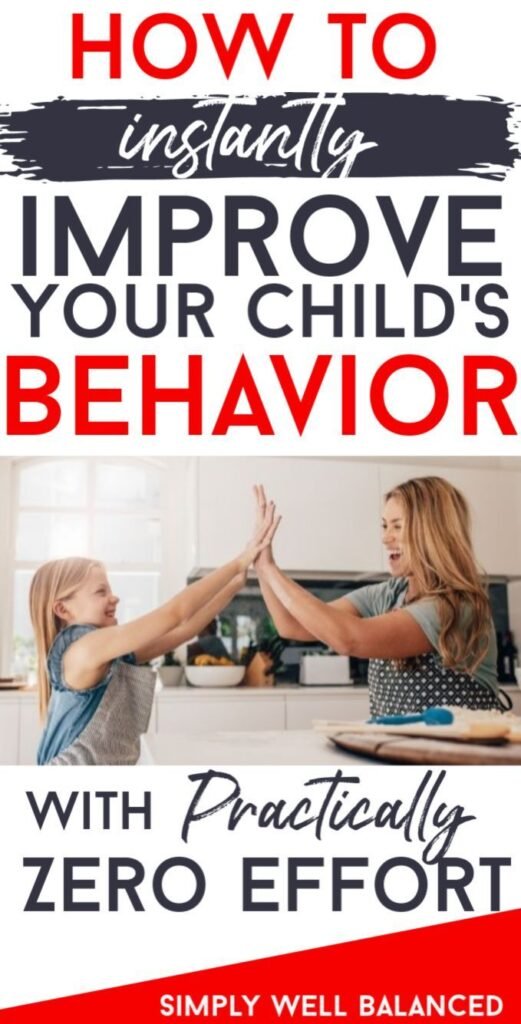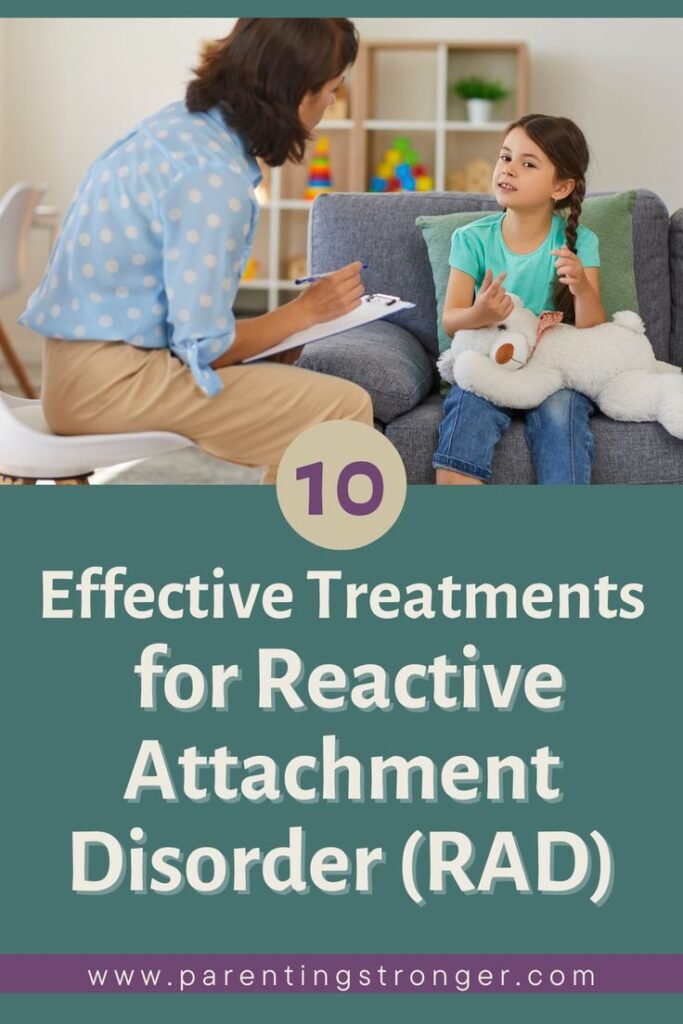Adoption is a transformative experience that brings joy and new opportunities for families and children alike. However, it often raises questions about the behavior and emotional development of adopted children. One such question that often arises is, can an adopted child have positive behaviors like tickling? This seemingly simple yet profound inquiry delves into the emotional, psychological, and behavioral development of adopted children and the significance of positive behaviors in their lives.
Positive behaviors, including affectionate acts like tickling, laughter, and playfulness, are indicative of a secure attachment and healthy emotional development. Understanding whether adopted children can display such behaviors not only sheds light on their well-being but also helps adoptive parents foster stronger bonds with their children.
Table of Contents
Can an Adopted Child Have Positive Behaviors Like Tickling: Emotional Bonds
The question of can an adopted child have positive behaviors like tickling often stems from concerns about attachment and bonding. Positive behaviors, including tickling, are closely tied to a child’s emotional and social development. Tickling, in particular, is a playful and affectionate act that reflects trust and comfort between individuals.
Adopted children, like all children, are capable of displaying positive behaviors when they are nurtured in a safe, loving, and supportive environment. Attachment theories suggest that children form emotional bonds based on their early life experiences. When an adopted child feels secure, loved, and cared for in their adoptive home, they are more likely to exhibit affectionate behaviors like tickling.
The act of tickling, accompanied by laughter, fosters emotional connections and helps children build trust. Parents who engage in playful behaviors with their adopted children create a foundation for bonding, emotional growth, and positive interactions.
Can an Adopted Child Have Positive Behaviors Like Tickling: Trust Development
One of the critical components of a child’s ability to display positive behaviors is trust. Parents often ask, can an adopted child have positive behaviors like tickling because they worry about their child’s ability to trust and bond after adoption.
Trust does not always come easily to adopted children, particularly those who have experienced neglect, trauma, or inconsistent caregiving in their early years. However, with patience, consistency, and love, adoptive parents can build trust and foster an environment where positive behaviors thrive.
Tickling, as a form of playful interaction, requires a sense of safety and connection. When an adopted child begins to display behaviors like tickling or other playful actions, it is a positive sign that they are beginning to trust their adoptive family. Such behaviors signal that the child feels secure enough to engage in lighthearted, affectionate exchanges.
To promote trust, adoptive parents can:
- Spend quality time with their children.
- Practice patience and understanding.
- Create consistent daily routines.
- Encourage open communication and emotional expression.
By implementing these practices, adoptive parents can help their children develop trust and, subsequently, positive behaviors like tickling.
Can an Adopted Child Have Positive Behaviors Like Tickling: The Role of Play

Play is a fundamental aspect of a child’s development, providing opportunities for learning, bonding, and emotional expression. Can an adopted child have positive behaviors like tickling? The answer lies in the transformative power of play.
For adopted children, play is an essential tool for building relationships and processing emotions. Playful interactions, including tickling, create a safe space for children to explore their emotions, can an adopted child have positive behaviors like tickling connect with their parents, and develop a sense of security.
Tickling is a unique form of play that combines laughter, touch, and connection. When a child engages in playful tickling, it reflects their comfort and trust in the relationship. Adoptive parents can use play to:
- Strengthen emotional bonds with their children.
- Encourage positive emotional expression.
- Build a foundation of trust and security.
It is important to note that not all children may immediately display behaviors like tickling. Some adopted children may require more time to feel comfortable engaging in such playful interactions. Patience, consistency, and empathy are key to fostering a playful and supportive environment.
Can an Adopted Child Have Positive Behaviors Like Tickling: Overcoming Challenges
While many adopted children are capable of displaying positive behaviors like tickling, some may face challenges that affect their emotional and behavioral development. These challenges may include:
- Attachment Issues: Children who have experienced trauma or inconsistent caregiving may struggle to form secure attachments.
- Emotional Regulation: Adopted children may have difficulty processing and expressing their emotions in healthy ways.
- Trust Deficits: A lack of trust in adults or caregivers can impact a child’s ability to engage in affectionate behaviors.
Despite these challenges, it is important to remember that positive behaviors like tickling are achievable. With the right support, adopted children can learn to trust, bond, and engage in playful interactions.
Adoptive parents can support their children by:
- Providing a safe, nurturing, and loving environment.
- Seeking professional support, such as therapy or counseling.
- Encouraging open communication and validating their child’s emotions.
- Celebrating small milestones and positive behaviors.
Over time, adopted children can overcome challenges and display affectionate, playful behaviors like tickling as they learn to trust and connect with their families.
Can an Adopted Child Have Positive Behaviors Like Tickling: The Importance of Love and Support

At the heart of the question can an adopted child have positive behaviors like tickling is the importance of love, care, and support in a child’s life. Adoptive families play a crucial role in helping their children feel secure, loved, and valued.
Positive behaviors, such as tickling, laughter, and affectionate interactions, are signs of healthy emotional development. When children experience consistent love and support, they are more likely to feel comfortable engaging in playful and affectionate behaviors.
Adoptive parents can foster positive behaviors by:
- Showing unconditional love and acceptance.
- Encouraging playful interactions and bonding activities.
- Providing opportunities for emotional expression.
- Being patient and understanding of their child’s needs.
By creating a loving and supportive environment, adoptive parents can help their children develop positive behaviors that reflect trust, security, and emotional well-being.
Also read LLM Knowledge Graph Drug Purpose: Revolutionizing Drug Discovery and Development
Conclusion
The question can an adopted child have positive behaviors like tickling highlights the importance of trust, attachment, and emotional development in adopted children. Positive behaviors, including playful interactions like tickling, are achievable when adopted children feel secure, loved, and supported in their adoptive families.
Tickling, as a form of playful bonding, reflects a child’s trust and comfort in their relationships. While some adopted children may face challenges in developing positive behaviors, consistent love, patience, and support can help them overcome these barriers.
Adoptive parents play a vital role in fostering trust, building emotional connections, and creating a nurturing environment where positive behaviors can thrive. With time, understanding, and care, adopted children can display affectionate behaviors like tickling, bringing joy and connection to their families.
In conclusion, the answer to can an adopted child have positive behaviors like tickling is a resounding yes. With the right support and nurturing environment, adopted children can flourish, forming meaningful bonds and expressing themselves through positive and playful behaviors.


